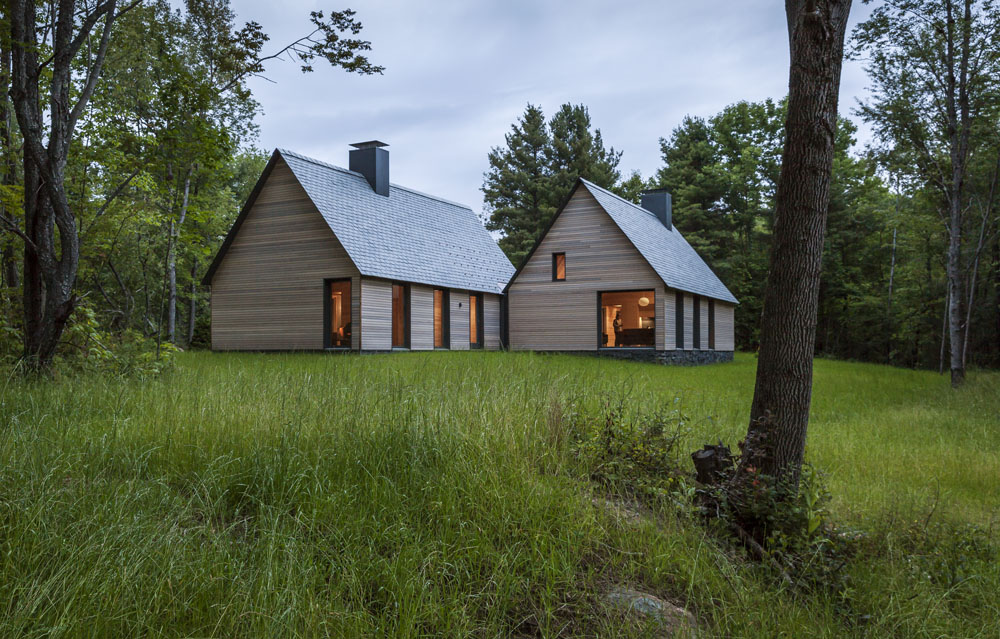Jared Levy and Gordon Stott have rethought the modular home from its economic nexus:
The cost of transportation.
Instead of depending solely on trucks and highways, their Connect: Homes, scaled to the size of one of the most commonly used shipping containers, utilizes the intermodal network of rail, truck or boat.
“The fatal flaw in the prefab industry is shipping,” Stott says. “To ship a modular home across the country by highways can cost $200,000.”
By using a module that’s eight feet wide, 40 feet long and 9 and ½ feet high, their green and modern homes can be shipped almost anywhere in the world via the intermodal system for $3,200 to $5,500.
“It’s massive efficiency,” Levy says. “The magic is in the network – it’s an incredibly efficient system that allows world trade to take place.”
The pair, who met while working at Marmol Radziner Prefab in Los Angeles, has driven inefficiencies out of the manufacturing and set-up processes as well.
Where the modular industry standard for constructing a home in a factory is 55 to 60 percent, with the remainder completed on site, their home is 90 percent finished in the factory.
On site, they eschew the expensive cranes that rent for a whopping $15,000 a day, instead relying on caster wheels to roll their home onto its foundation.
“Point by point, we’ve tried to streamline the prefab process,” Stott says.
As they’re driving costs down, they’re making home ownership available to more people.
And attracting some well-known admirers in the process, among them Moby, the Los Angeles-based musician, architecture buff and blogger.
“He likes our egalitarianism,” Levy says.
For more information, go to http://www.connect-homes.com/
[slideshow id=687]


